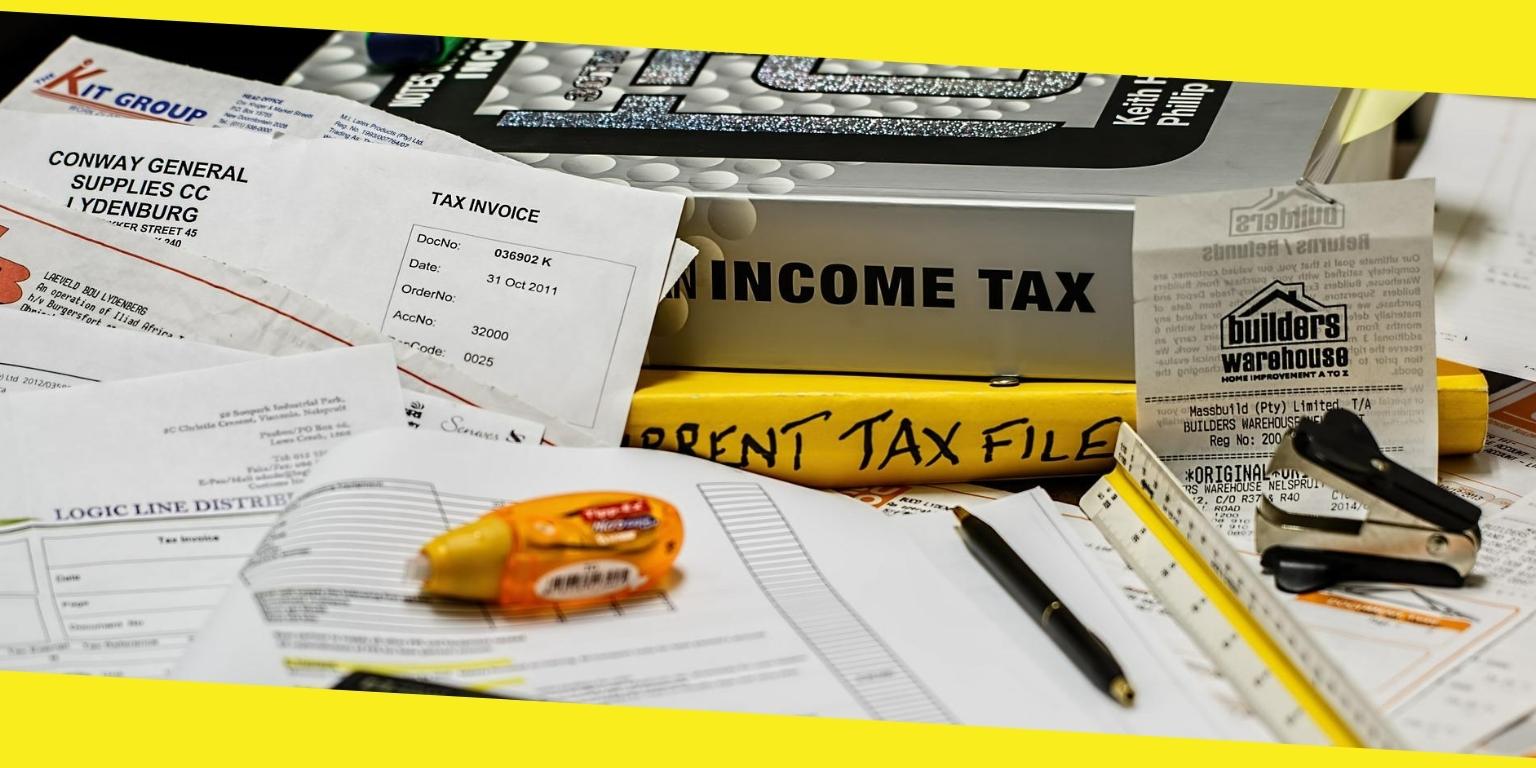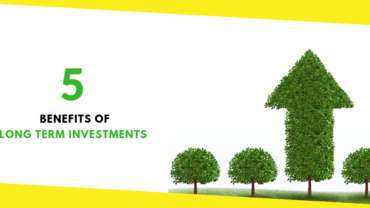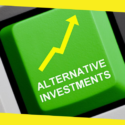What is Lease Accounting and When Can You Need It?

Leases are a common part of everyday life. You must be familiar with some common examples of leasing, such as renting apartments, building space, and more. However, when it comes to running businesses, assets such as machinery and vehicles are also leased.
Leasing assets is normal for every type of business and organization, irrespective of its size. Moreover, leasing can be financially beneficial for both parties involved in the lease agreement as well. For instance, leasing assets can boost the purchasing power of a business, reduce the cost of maintenance, and much more.
As leasing is a common business practice, it also requires proper records. Keeping track of your income, expenses, and liabilities due to leasing activities can significantly impact your company’s image. In addition to this, a proper record will also help you come up with beneficial strategies that can help in maximizing your profits as well. This is where the role of lease accounting comes in.
Contents
ToggleWhat is Lease Accounting?
Lease accounting is the procedure through which a business tracks and records all the financial impacts caused due to its leasing activities. Leases can be recorded on a business’s financial statements based on their nature. These financial statements include balance sheets, income statements, and cash flow statements.
Lease accounting is beneficial in several ways for a business. Moreover, due to the latest accounting standards, it has become necessary as well. Although most businesses use spreadsheets, they may not be feasible. It may also be quite confusing and time-consuming. However, there are several tools available that can help you simplify lease accounting and remain compliant. These tools include soft-wares that provide cost-effective solutions for lease accounting.
When and Why Do You Need Lease Accounting?
The answer to the first part of the question is quite simple. If you own a business that acts as a lessor or a lessee by leasing their assets or property, you need lease accounting. However, the process of recording a lease differs based on being a lessor or a lessee.
For instance, a lessor is required to record each lease payment as an income in the income and cash flow statements for an operating lease with a term of fewer than twelve months. On the other hand, the lessee is required to report it as an expense on the income and cash flow statements.
Similarly, for financing leases, the lessor reports each lease payment as an income on the income and cash flow statements. They also report it as a leased asset on the balance sheet. At the same time, the lessee reports each lease payment as an expense on the income and cash flow statement.
Lease accounting is necessary for all companies to keep track of their financial performance as well as provide useful information such as total expenditure and income, depreciation, etc. It also helps in calculating the useful life of equipment, depreciation, and more.
In addition, lease accounting is beneficial as it can be used to account for multiple types of leases: operating leases and financing leases. The primary advantage of lease accounting over straight-line depreciation is that it more accurately reflects a company’s true cash outflows over time.
Advantages of Leasing
Leasing is important for a business in many ways. Here are some of the ways leasing can be beneficial for your business:
- Leasing enhances the purchasing power of a business. This is because leasing requires lesser upfront costs than it would take to buy an asset directly. So, this leaves more money for the business to invest in other things. Also, leasing makes it easier to upgrade to newer versions of the leased equipment.
- Leasing helps you reduce the maintenance costs for assets in the long term. This is because maintenance is the lessee’s responsibility during the time duration of the lease. This is beneficial for the lessor as it may take one expense off their list.
- Managing cash flow can also become easier with the help of leases. Once the lease agreement is made and a specified payment is agreed upon, it gets easier to predict cash requirements.
- If you need an asset for a short-term project, it is better to lease it instead of buying it. This way, the lessee returns the asset to the lessor upon completion of the term of the lease, which makes asset disposal easy.
Concluding Thoughts
As a lessee, leasing can boost your business’s purchasing, manage cash flow, and make asset disposal simple and easy. On the other hand, as a lessor, leasing can help you reduce maintenance costs and generates income as well. However, keeping track of all leasing activities for businesses and organizations is important. This can be done with the help of lease accounting. Keeping track of the impacts of leasing activities on your business can also positively affect your business’s image.
Recommended For You
5 Benefits of Long Term Investments For Financially Sound Future
Most Inside
Most Inside offers high-quality recommendations and valuable updates to enhance all aspects of your life, providing premium guidance and enriching experiences.




